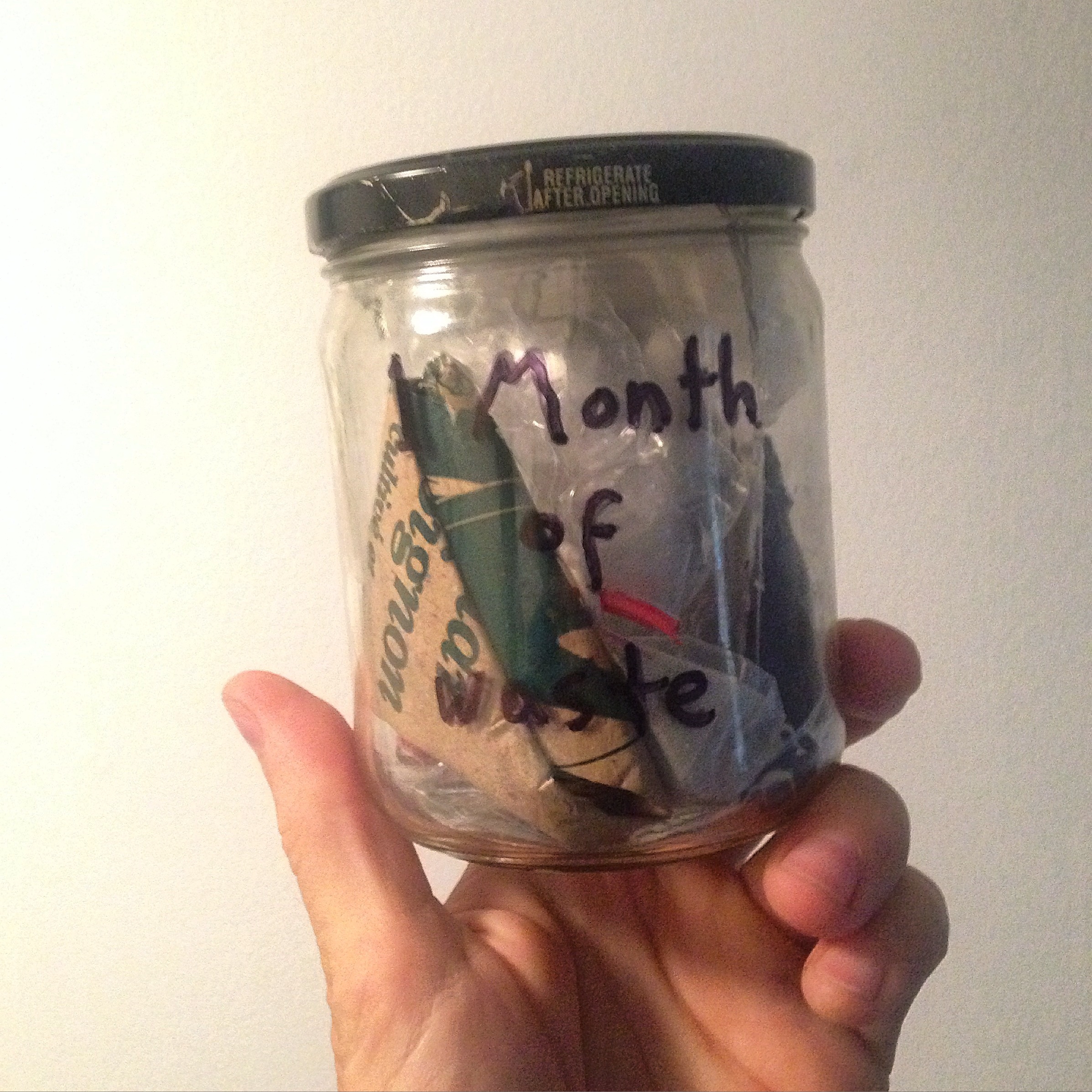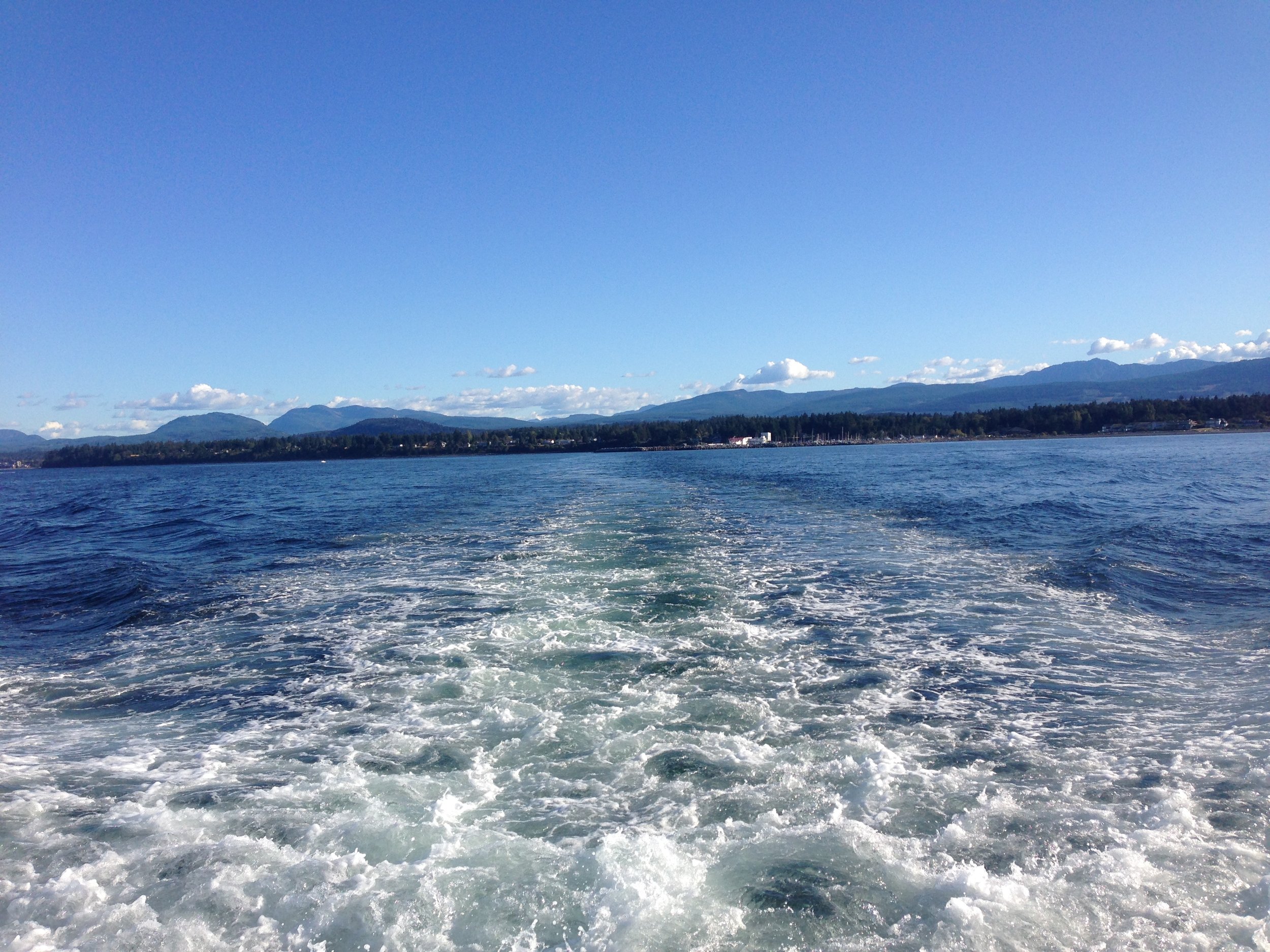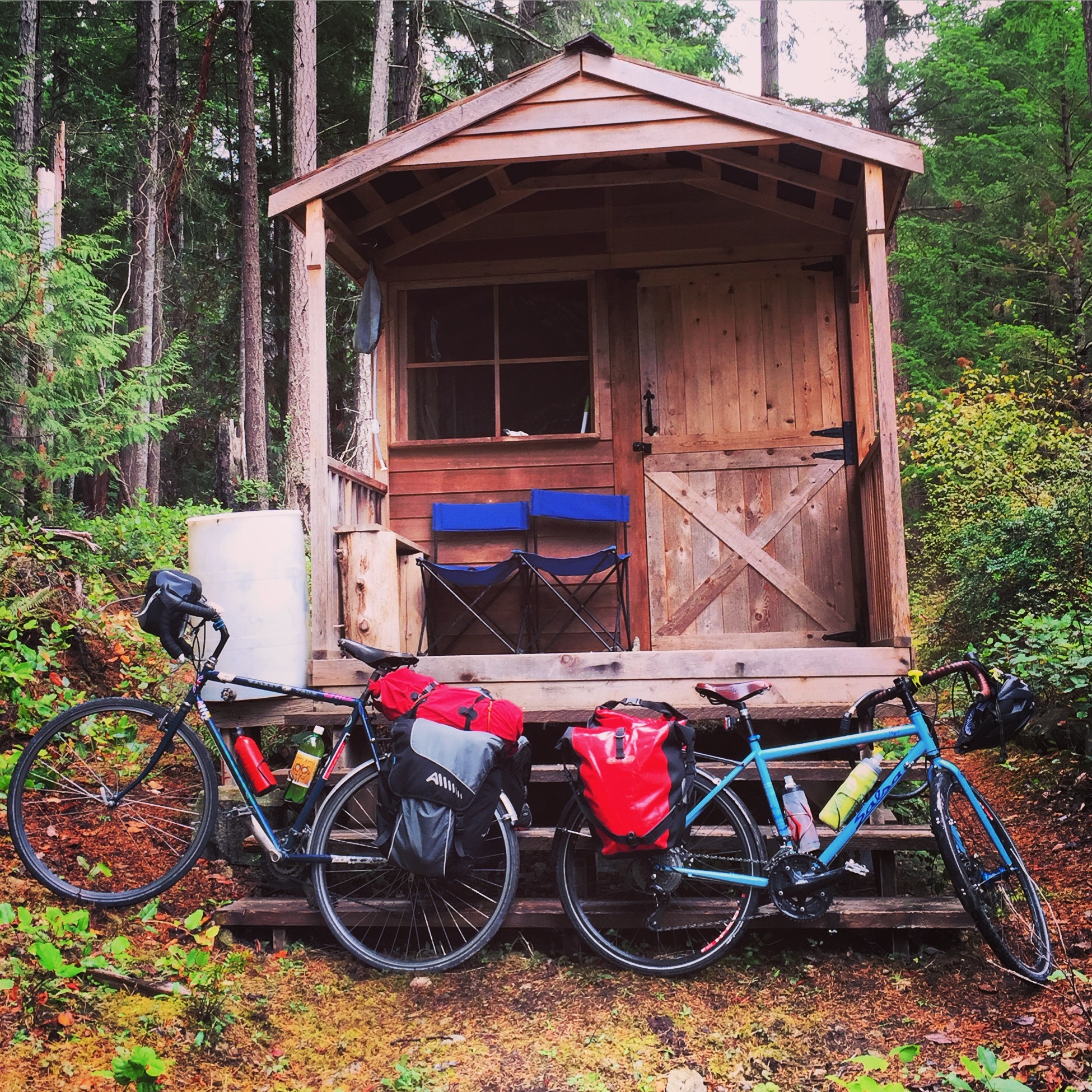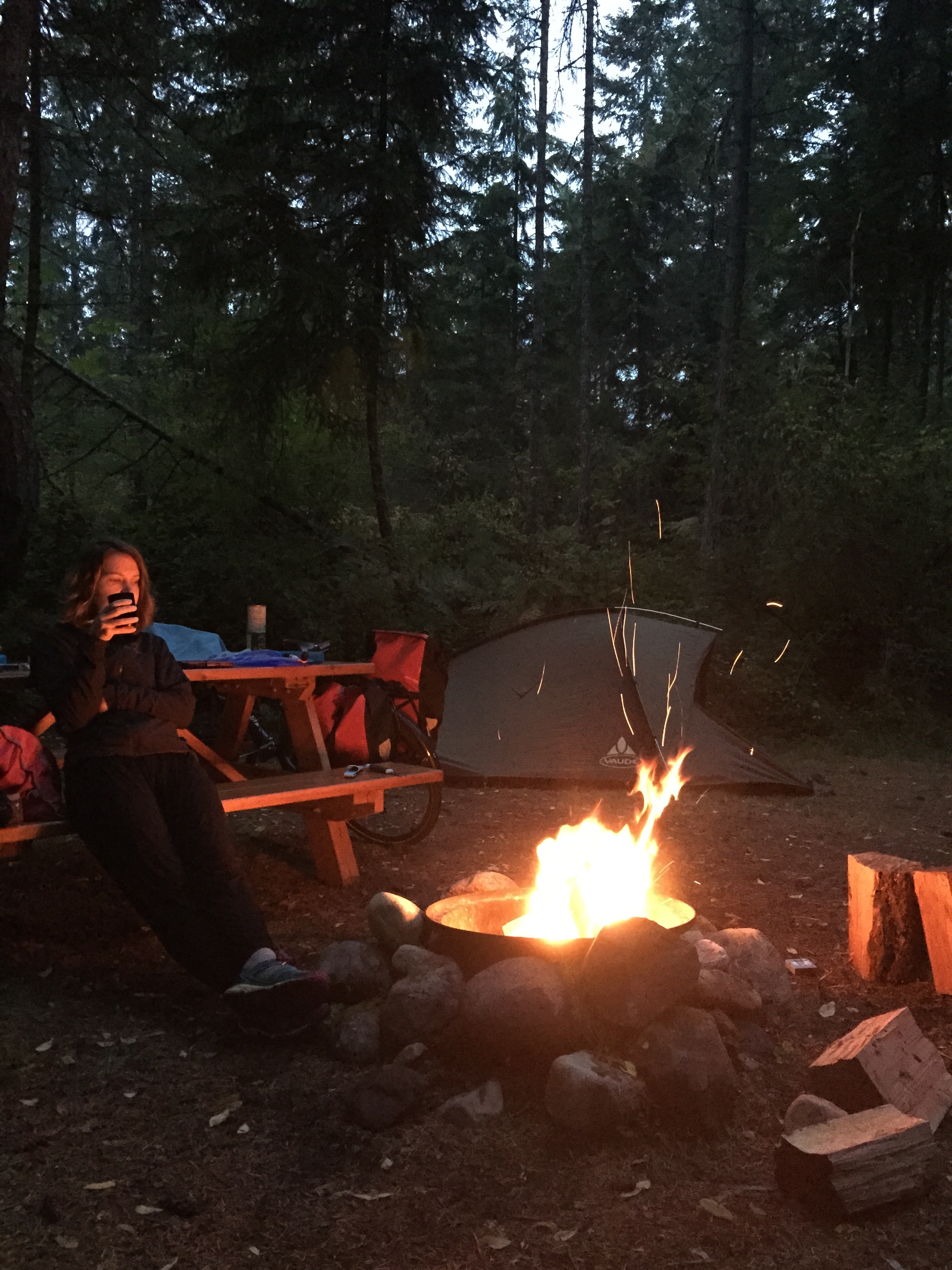It's been a month since I attempted to reduce my waste and replace my rubbish bin with a 420ml jar. I wanted to share some of the things I learnt during that time. Before I go on, I realised quite early into this challenge that I needed to have some clauses to make it possible.
Clause 1: I did not initially think through the fact that before I started this challenge I already had lots of food, products, etc in my flat. I soon realised that the pre-jar me hadn't been purchasing these products with the aim of fitting the waste into a jar. After almost failing on day 1 due to pre-jar Josh's sins I allowed a clause in the deal. Anything purchased pre-jar went in a separate bin. Anything purchased post went in the jar.
Clause 2: Prior to what you might think from reading these rants I actually don't live alone. Up until now I had shared my bin like any normal human does with their partner. However while my partner was very supportive and got fully onboard with the challenge this jar was only for waste I created. If we shared something that came in plastic it would be cut in half and split into the bins. I realise this seems a bit weird but it's what happened so...
Apart from that everything else went in the jar. It started as only things that I would normally send to landfill would make it into the jar and recyclable plastic would just go in the recycling. But I found that once I had switched my mind to be anti plastic it was just as easy to avoid both forms altogether. Plus while doing a bit of research on plastics and waste I discovered that plastic degrades each time it is recycled and can often only be recycled once at best. So while we think we are recycling and reducing our waste that is often not the case. This article outlines how many times different materials can be recycled.
With this in mind, I found this challenge a little easier than I imagined it would be. I think we are often guilty of imagining the worst of a situation and allow that perceived hardship to stop us even giving something a go. There was even still a bit of space in the jar at the end of the month.
What went into the jar?
Here is a list of things I was unable to avoid or find alternative packaging for:
- 2 pieces of small plastic that go around the top of jars to make them appear sealed. It was only when I got home I realised the jar had this on. I never noticed how many jars have this.
- 1 energy bar wrapper - I went mountain biking and came close to bonking so had to eat it.
- 2 crisp packet wrappers. Fair enough, I could have easily avoided these but I am a sucker for kettle chips so I make no apologies for eating them.
- 1 hidden water filter wrapper. It came in a cardboard box but inside was a plastic bag. It is frustrating how much hidden plastic packaging there is.
- 1 hidden tea wrapper. More hidden packaging that was inside an innocent looking cardboard tea box.
- 1 plastic tofu wrapper. I couldn't find a way of buying tofu that didn't come in plastic. It is actually much easier to eat meat plastic free that things like tofu, tempeh etc.
- 1 sourdough starter wrapper. This has caused endless joy since I activated the sourdough starter so was well worth the plastic. It has also helped me make lots of treats plastic free.
- 1 plastic wrapper on a torch/flashlight. My camping torch broke and as much as I resisted buying a new one I ended up compromising and found one with minimal packaging.
- 2 milk lids. I switched to glass milk bottles but even they came with plastic lids. I found bottled milk the only thing that avoided glass. All soy, almond, etc milks come in very hard to recycle packaging.
That was all of it. The whole month.
How to reduce your waste?
If you would like to reduce your waste here some rules I followed that made it possible:
- Never take a plastic bag from a store, ever! Always take a reusable bag of some sort with you where ever you go and if you happen to forget then get creative. Stuff pockets, use armpits, teeth, whatever you have to carry your purchases home. It was your mistake to forget the bag so you have to deal with the consequences not the planet!
- Never go anywhere without a reusable coffee/tea mug (unless you don't have a coffee/tea problem like me). It isn't a fair trade in my opinion to have one small drink and leave a plastic lid as memory of that drink for hundreds of years.
- Try to keep bags you can use for bulk supplies on you whenever you go shopping. Ideally the non plastic kind such as cotton, hemp, bamboo etc. But if you already have some ziploc style bags they will work too.
- Find stores nearby that sell in bulk. I have been able to find places nearby that sell everything from nuts, rice, pasta and porridge oats to washing detergent, soap, and even toothpaste. It all comes package free as long as you bring your own bag/container (point 3). If you forget your bags then instead of using the plastic bags provided I would just grab a paper mushroom bag from the grocery area and fill that instead. If you live in Vancouver then I highly recommend adding The Soap Dispensary to your shopping routine.
- Avoid processed and convenience food. I found, most of the time, if it's processed or convenient it will come in non recyclable packaging.
- Try not to buy fruit and vegetables that are wrapped in plastic. It is worrying how difficult this can be. A lot of supermarkets have opted with the philosophy that plastic makes it look safe/clean/new. The food came from the dirt so a little more isn't really going to hurt anyone.
- Generally supermarkets = waste so try to find a smaller independent store or market. Often they will buy their produce locally, from smaller farms who don't have the means or need to wrap everything in plastic. Farmers markets are your friend.
- Buy less stuff.
I am going to continue this challenge to see how long I can keep it going. Each month I will empty the jar and start again. It's been a great exercise in changing my shopping habits and opening my eyes to just how much plastic is out there. I had never realised just how many things come in some form of non recyclable packaging. Having the waste in a clear jar is also a great reminder that this waste is going to be here for many more years than I will be so it makes it a little harder to turn a blind eye. If fitting your waste into a jar is a bit extreme for you one thing I did before this was to make note of the date each time I had to empty the rubbish bin. I would then challenge myself to extend the number of days before I emptied it again. Just doing this simple exercise helped make me much more aware of how much waste I was creating.
If you have any advice on how you have cut down your waste I'd really appreciate you sharing it below to help both myself and anyone else interested reduce their impact. If you have any questions about specific ways I was able to find package free products then get in touch below too.




















